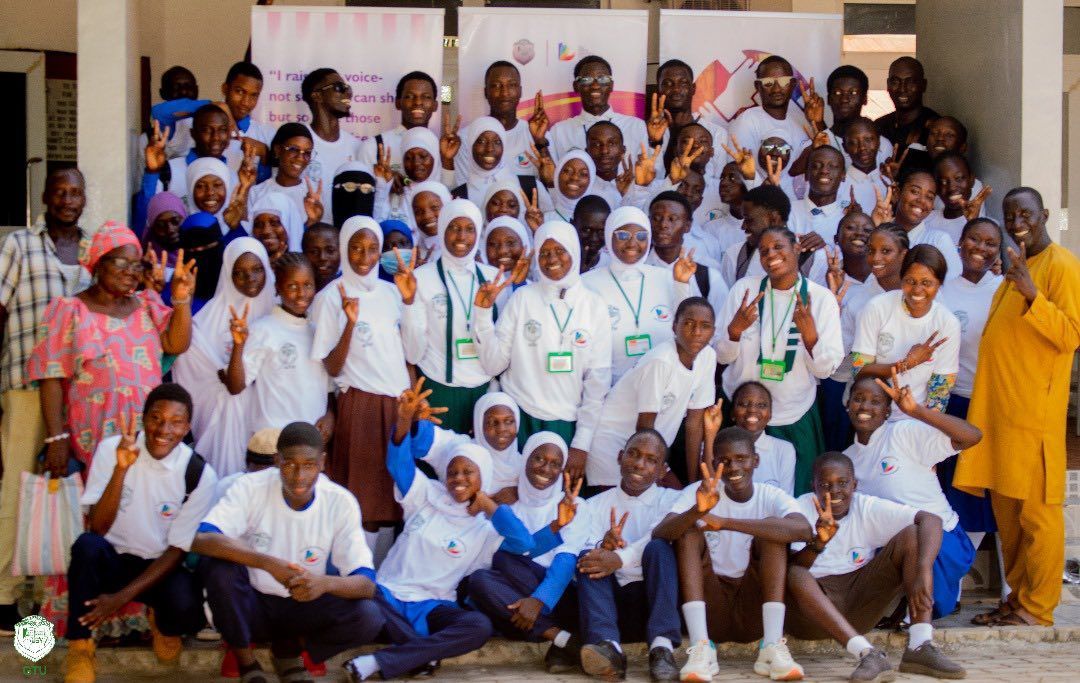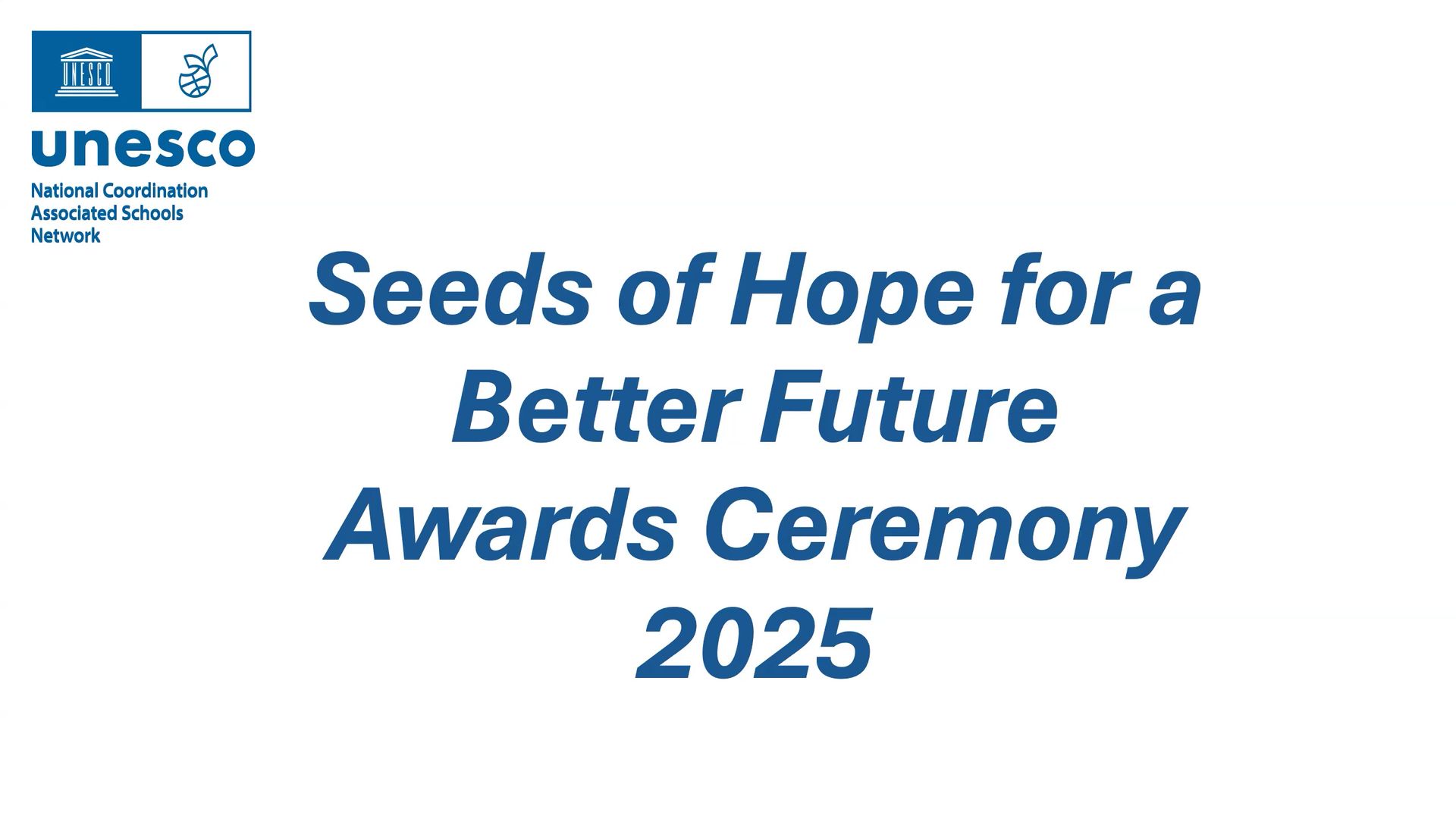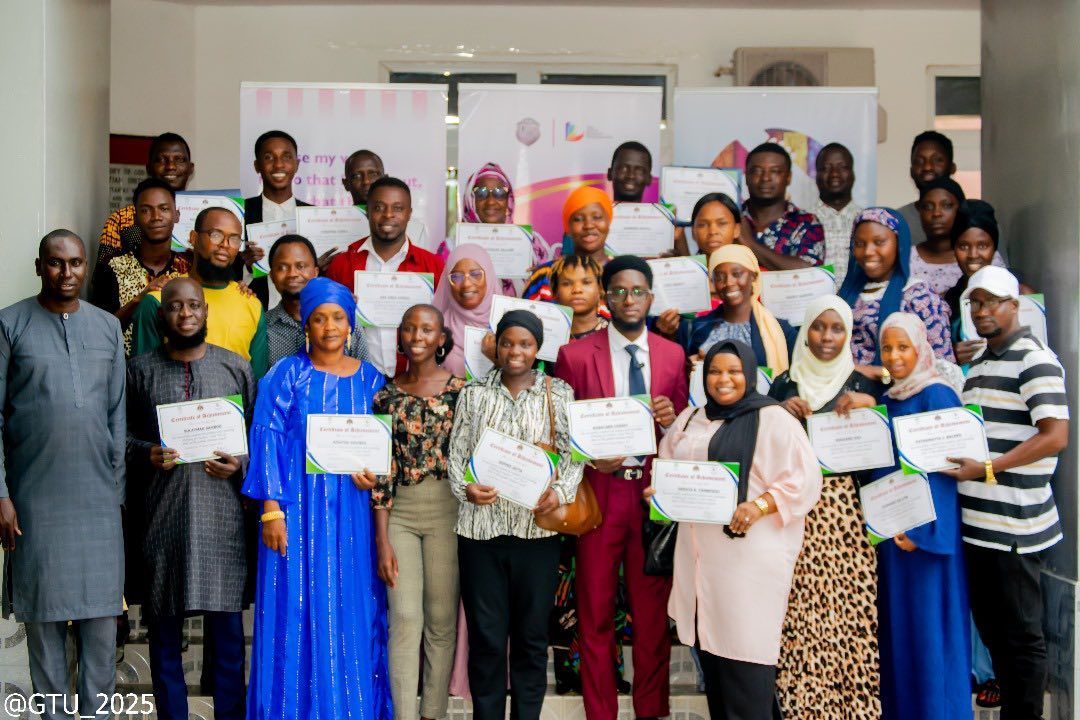Human Rights and Sexual Abuse
The questions and participation were not included in the video, but have been summarised here as they add to the conversation, and we wanted to share these ideas too.
An introduction to the hosts.
Audrey Osler is a Professor of Education at the University of South-Eastern Norway and at the University of Leeds, UK. She is Editor-in-Chief of Human Rights Education Review. She has expertise in working for reconciliation in post-conflict settings in Asia, Africa and the Middle East. Her most recent book is Human rights and schooling: an ethical framework for teaching for social justice and she is currently writing Where are you from? No, where are you really from? drawing on history and memoir to discuss empire, migration and belonging (Virago Press, 2022).
Twitter: @ÁudreyOsler:
Beate Goldschmidt-Gjerløw is a researcher and PhD candidate at Agder University in Norway. Beate is a political scientist specialized in peace studies and conflict transformation. She has taught politics and human rights for many years in upper secondary schools and is lecturing in teacher education programs at various universities and colleges in Norway. Her current research explores how teachers address sexual violence in upper secondary schools. Beate is editing the anthology Controversial, emotional and sensitive issues in school (Universitetsforlaget, 2021). You can find out more about her research and publications here
Twitter: @beate_gold
Key questions from the webinar
Question - I was a primary teacher and I think young children can suffer the same social injustice and have a similar experience of not being listened to. Have you any work that you can cite that shows that very young children also need to be aware of what their human rights are, and be aware that they have the right to be listened to and not to be sexually harassed because they can experience this in muted ways as well as overtly. Is there any information on this?
Audrey Osler - I would just say that in the UK we have a comprehensive Rights Respecting Schools programme on child rights education in some schools, developed by UNESCO. Where children do learn about their right to express themselves and to be confident to ask questions to engage with human rights in this very concrete way, they are able to address everyday issues, and understand sexual harassment and other concerns. However, I have a reservation also because I have come across examples of Rights Respecting Schools that may contradict this. Some human rights education may be more concerned with certain forms of discipline to manage children’s behaviour. So, I think that any of these programmes can be used for good or ill.
Participant Comment - Thank you for a letting me join in, I am a former primary school teacher myself and I'm now currently doing a PhD focused on primary school teacher’s ability to detect and intervene towards harmful sexual behaviour in primary school. So, it is good that we can cover all stages of school here. Teaching children from a very young age how to voice their opinion, and how to tell people about violations of human rights, not only sexual but any, is essential for children. The teacher has such an important role in modelling the behaviour you want to see in creating a safe space for children to talk. I mean the safe space has to be there regardless, for children to exercise their participatory rights and controversial issues.
Answer from participant and Ph.D. Research Fellow Kjersti Draugedalen - We have all this research from not only Norway but from worldwide, saying that children and young people who are sexually abused can take around 17 years to tell anyone. But if you as a professional can become this significant other, the chances are much higher for children to actually share these kinds of traumatic experiences sooner. However, teachers tend to outsource this difficult teaching about sexual violence, and when you outsource it to people there isn’t necessarily that special bond and it disables that communication, because you don't have that fundamental trust that is needed. Schools often outsource their human rights education as well through NGOs and so on, which kind of amplifies the problem.
Question - Do Teachers have a legal obligation to report any suspected mistreatment of students to a governmental body? For example in Canada when a teacher suspects mistreatments they are obligated to report the case to the children's aid society and social services. Is that the same across the world?
Beate - It is in the Norwegian legal framework, the Norwegian Education Act, that if there are suspicions that any learner is experiencing violence, there is a duty to act and it depends on the nature of the violence how it is reported. If it's sexual violence they should report to the child protection service if they have a suspicion, and if they have a very firm suspicion they can also contact the police.
That leads nicely onto another question that we've had. Which is about what is unprofessional and illegal in terms of sexual harassment. A teacher who was doing some training said that the other teachers were asking what specifically are the terms for sexual harassment.
Experiencing sexual harassment is very subjective and it entails all forms of unwanted sexual attention and it can be verbal, it can be digital, it can be non-verbal, through body language and it can also be physical. So, it has both verbal and non-verbal, and physical dimensions. Harassment can take many forms, it can be sexual harassment, it can be heterosexual harassment, it can be harassment that is based on sexual orientation, or harassment based on gender non conformity. So, there are many different faces of harassment.
Question- Nice to meet you thank you so much for the good presentation. I've just recently trained teachers on school related gender-based violence and they really paid great attention, and they were very happy when I read the violation paper. I also include a pledge to do something about our past violence. When I read these documents, many of them were all missing that part. If I have another chance to train teachers, how best can I get them to commit to things like documenting the cases and referring these cases of violence against children?
Beate - Thank you, I would speak very warmly of the Convention on the Rights of the Child and highlight that every child has the right to education, and the right to education also includes the right to sexual education, and that sexual education also includes education on sexual violence. Include articles about children’s rights to protection and the right to be heard. I would very much link it to the rights of the child.
But perhaps you would prefer more didactical resources? I've written about different kinds of resources that you can use in my paper on children's rights and teacher responsibilities. These include all sorts of things from picture books, digital resources and all kinds of things you can use.
Audrey - Young children are often very excited to learn they have rights, and to understand them. However, many people fear that children who are told about having rights will take advantage of that. But I have never really found that to be the case, because children also stand up for each other, and protect each other. I think most education that equips children with rights doesn't actually threaten the adult, or others.
We are all interconnected, and I think that activist element is teaching children from a very young age that they have rights, but they also have responsibilities to each other, to help uphold each other's rights. I think that creates very responsible, and very caring young people. I think it's a very powerful way of building on the caring that children bring to school, and it's building on the caring they do for their siblings and friends when they arrive in school. It's a very basic everyday action, it's not just dealing with the critical incidents that can happen.
Participant Comment – I’d like to see these things added to the curriculum here in Sierra Leone, so that teachers can incorporate this into their teaching. Otherwise, teachers won’t include it, because they won’t think about it, and understand the necessity of it, because they spend all their time on curriculum subjects. Thank you.
Thank you for reading, we hope that you have been able to watch the video too, as it offers an invaluable insight into this topic.
Please leave your comments below to tell us your thoughts too. Do you feel confident about how to approach incidents of sexual violence and harassment in school?




